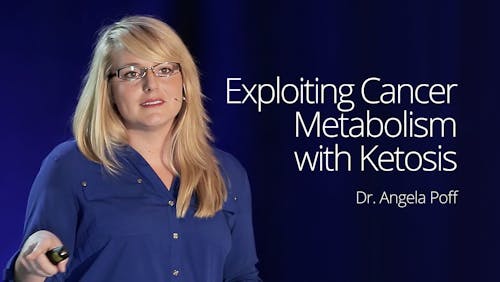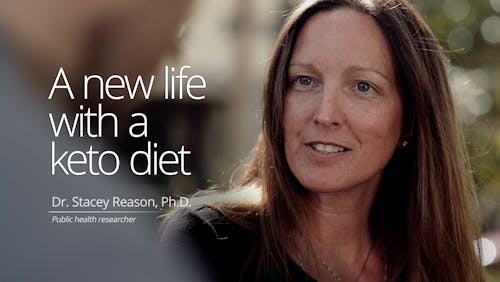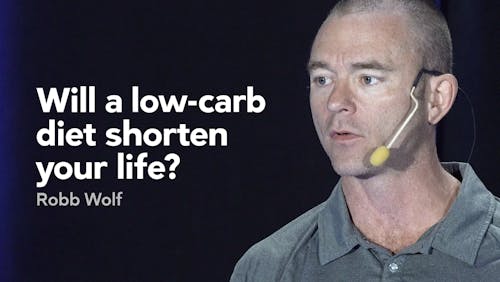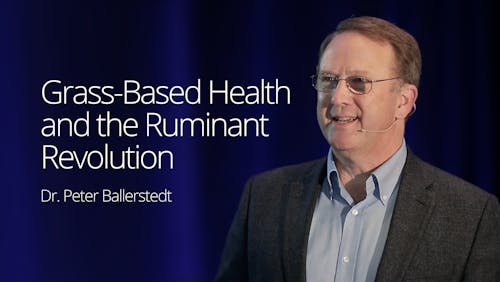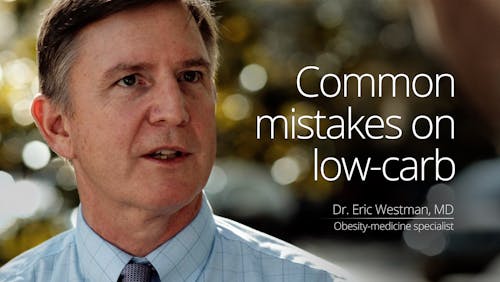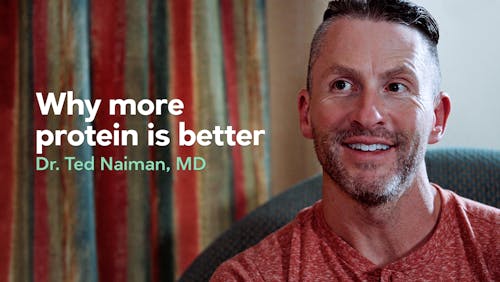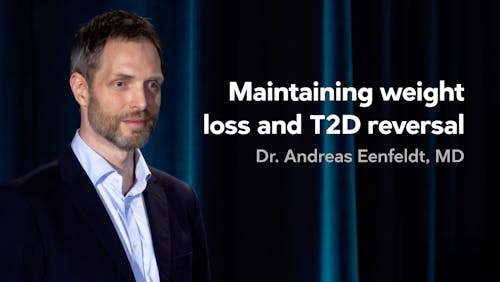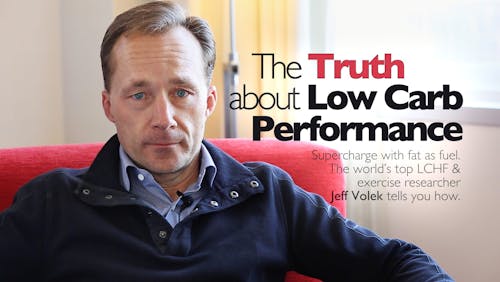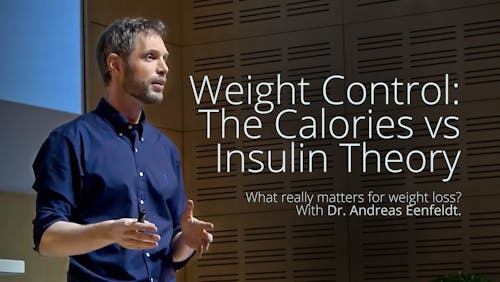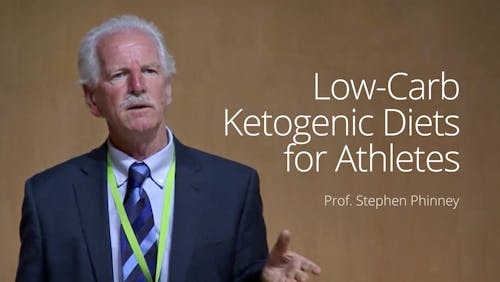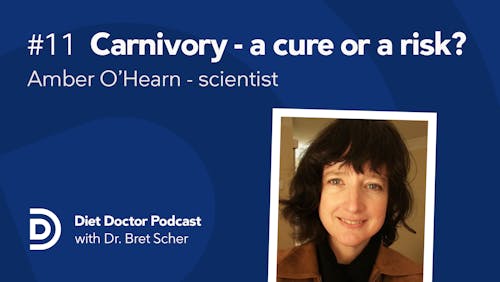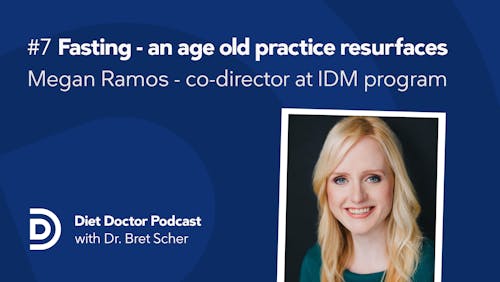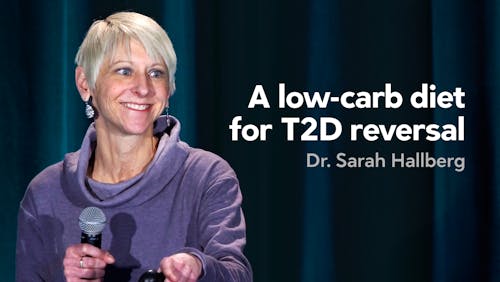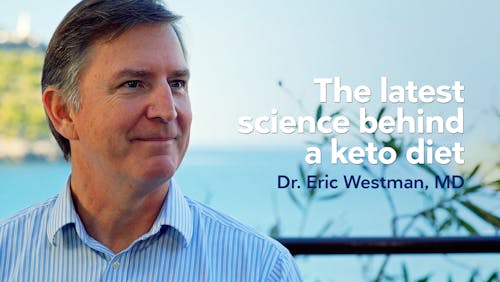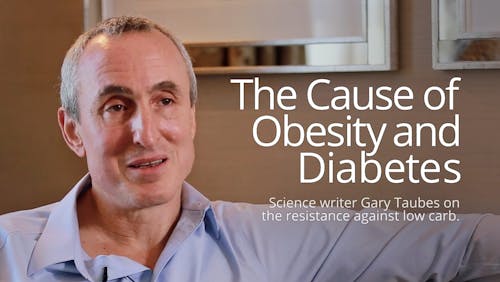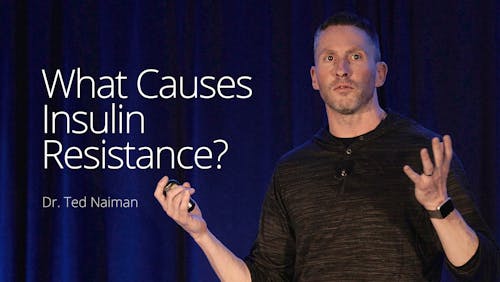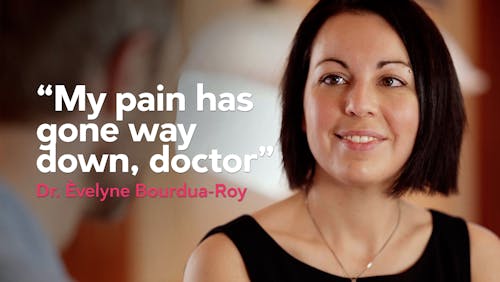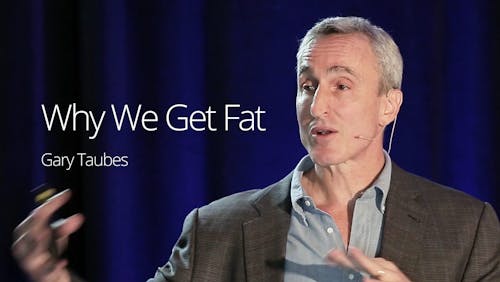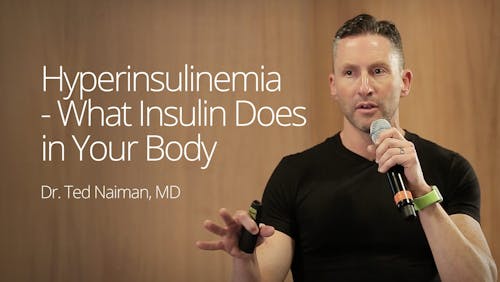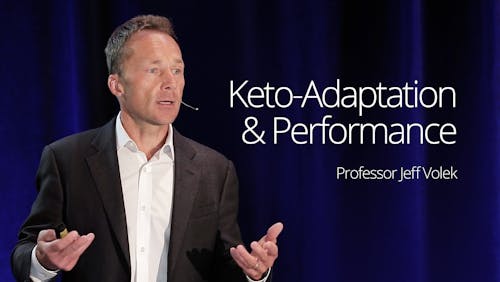Biased paper suggests ketones are as harmful as glucose
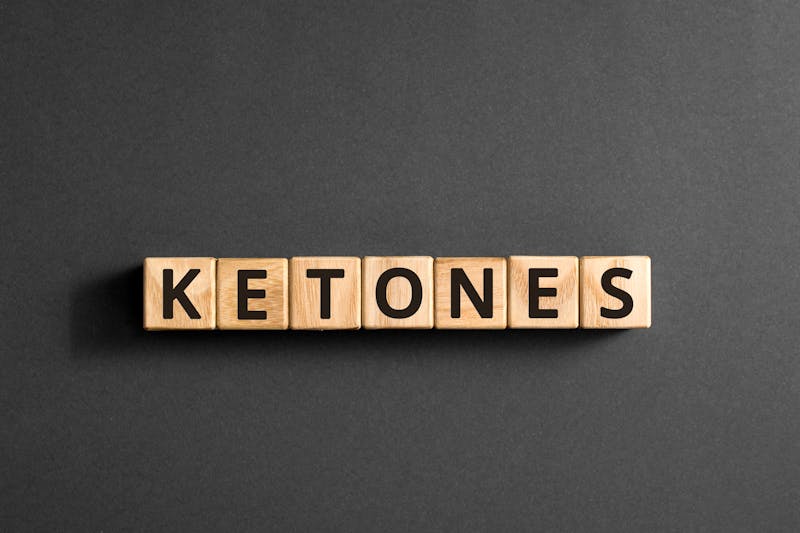
A new hypothesis article published in Nutrition is stirring controversy on Twitter. The paper postulates that ketones from a ketogenic diet produce the same vascular damage that elevated glucose does. This is a concerning point if it is true.
But the most important thing to understand is that this paper doesn’t have a single piece of credible evidence to support this idea. It is a “hypothesis article,” or essentially a thought experiment. That’s all it is.
One individual with a grasp of complex scientific and chemical processes is speculating that ketones could cause damage, but he is not presenting any actual evidence to suggest it is the case.
In fact, the data the author did present causes him to lose credibility in my mind. He starts off the paper stating, “Low-carbohydrate, ketogenic diets are associated with increased mortality.” This is simply not true.
Some very weak observational studies (using food frequency questionnaires, shrouded with confounding variables and healthy user bias, and defining “low-carb” as 40% calories from carbs) show a weak increased risk of mortality. But this has nothing to do with a ketogenic diet, which usually sources only 5% of energy from carbs.
He also quotes a food-frequency-questionaire-based study from Sweden, where authors assessed dietary patterns at enrollment and had no other assessment of what subjects ate for the duration of the 16-year study.
In that study, the “low-carb” cohort ate 123 grams of carbs per day. The authors concluded there was minimal increased risk of cardiovascular disease (1.04) with lower carb and higher protein consumption. Again, this has nothing to do with ketosis or a true low-carb diet (or credible science for that matter).
When a scientist tries to equate these studies with a ketogenic diet, it either demonstrates their misunderstanding of science, or it shows their personal agenda to “attack” a ketogenic diet by any means necessary.
The author goes even further to degrade his credibility. He uses the medical emergency of ketoacidosis as an example of how “ketosis is not without risks.”
Again, the author seems to not understand or to purposely conflate the body’s process of producing low levels of ketones due to avoiding carbs — a natural process that has occurred across evolution — with the extreme levels of ketones found in ketoacidosis that are almost impossible to obtain without a disease process such as type 1 diabetes. This is a misleading example that has nothing to do with the safety of nutritional ketosis.
Putting his inaccurate evaluation of nutritional science aside, the author’s whole premise is that “ketones are reactive towards proteins through the same mechanisms as glucose.” He discusses a potential chemical pathway where this could be the case, but he offers no evidence showing that it actually is the case.
Interestingly, the author would have benefitted his argument of he hadn’t “shown his hand” with his biased and inaccurate interpretation of the science of ketosis. So, how should we interpret this paper?
This idea could be an interesting hypothesis around which a lab might start designing experiments. But that is about all we can conclude. Until there is credible evidence that the hypothesis has clinical merit, we have to interpret this as someone with an agenda putting forth an idea without credible evidence.
Thanks for reading,
Bret Scher, MD FACC
Earlier
Are all diets the same for weight loss and cardiac risk?
New study: Ketones stabilize brain function
Do vegetarians have fewer strokes?
Start your FREE 7-day trial!
Get delicious recipes, amazing meal plans, video courses, health guides, and weight loss advice from doctors, dietitians, and other experts.
Join now
